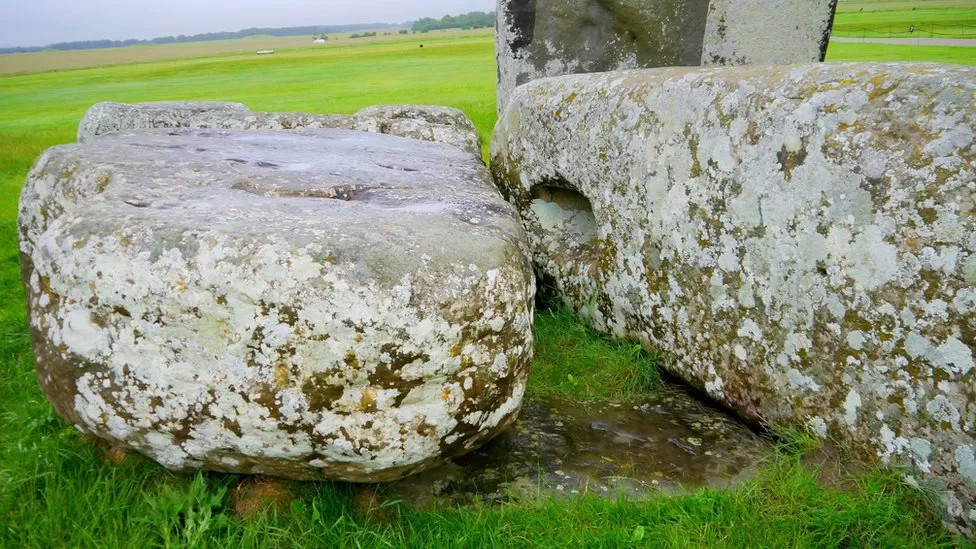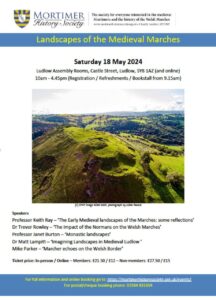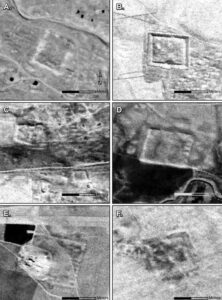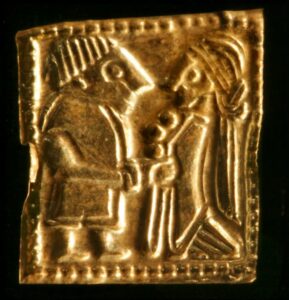New research suggests that the largest “bluestone” at Stonehenge, known as the Altar Stone, may not originate from Wales as previously believed. Historically, it was assumed that the Altar Stone came from the old red sandstone in south Wales, specifically near the Preseli hills in Pembrokeshire, which is the known source of most of Stonehenge’s bluestones. However, scientists from Aberystwyth University have presented evidence that the stone might have come from the northern parts of the UK.
The Altar Stone, weighing six tonnes, had been categorized with the other igneous bluestones of Stonehenge, though its exact time of arrival at the site remains uncertain. It’s believed that these bluestones were among the first to be erected at Stonehenge around 5,000 years ago. In their study, the Aberystwyth researchers compared the composition of the Altar Stone with 58 samples of old red sandstone from various locations in Wales and its borders. Their findings revealed that the Altar Stone’s composition did not match any of the sampled locations.
A significant discovery was that the Altar Stone contained a high amount of barium, a type of metal. This unusual composition could be key in determining its true origin. Professor Nick Pearce stated that the Altar Stone does not come from Wales, challenging the century-old belief that it was derived from the old red sandstone sequences of south Wales. He suggested that the search for the stone’s origin might shift to regions in northern England and Scotland.
Pearce also proposed that the Altar Stone should be considered separately from the general grouping of bluestones, given its distinct composition. The findings of this research were published in the Journal of Archaeological Science: Reports. Aberystwyth University image.
Original BBC article here.









